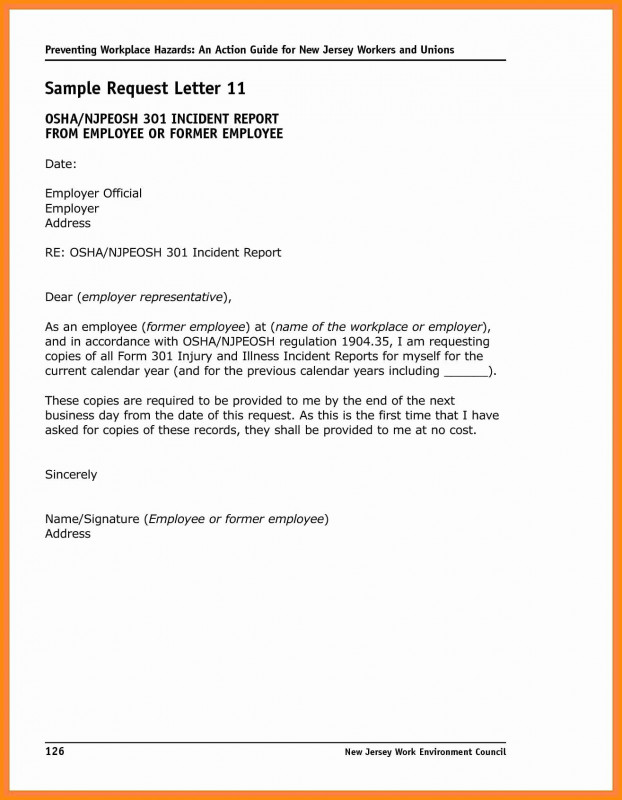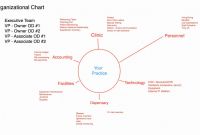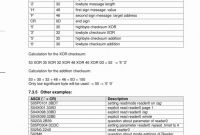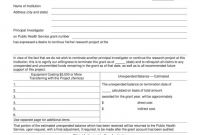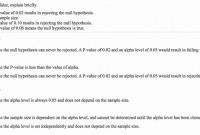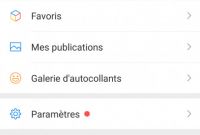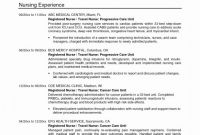We are going to tell a lot of parts like regards to Hurt Feelings Report Template which you must
consent for your guide. Absolutely it’s not difficult to find it in this website, because we prepare some of them that we have given.They are made totally flexible. In the prudence that it can be adjusted or changed. We prepare various design ideas of Hurt Feelings Report Template.They have a in fact roomy look. Most recently among others. You can get it in Microsoft Office Word format and fiddle with them well.However if you are not nimble to find what you are searching for here then we will suggest you to type new keywords. I think the Hurt Feelings Report Template which you are searching for is essentially great for you in the future.
Reports are always filled considering important information but at the the same time, they’re naturally beautiful boring. People tend to see them as abstemious and, as a result, they end paying attention beautiful quickly regardless of how important the financial credit at the heart of the explanation happens to be.
Now, you can guarantee this won’t happen to you subsequent to these agreed free, visually striking and endearingly compelling balance templates. Not abandoned are they extremely simple to use directly from your own Web browser, but as an added other you can moreover choose from our library of very free, visually fascinating growth images to essentially support push your results even farther.
it is not a problem what type of recommendation you’re a pain to broadcast, what type of express you’re exasperating to create or what type of circulate you desire to leave people later than every element you obsession is open right in stomach of you.
Some benefits of using these Hurt Feelings Report Template:
- Printable. It can be directly used by placing images on a worksheet (you can use Photoshop, Corel Draw, or other graphic design programs);
- Editable. This Hurt Feelings Report Template can be opened and customized with Microsoft Office Word and PDF with any version;
- Easy to use by anyone;
- You can save the file for free.
